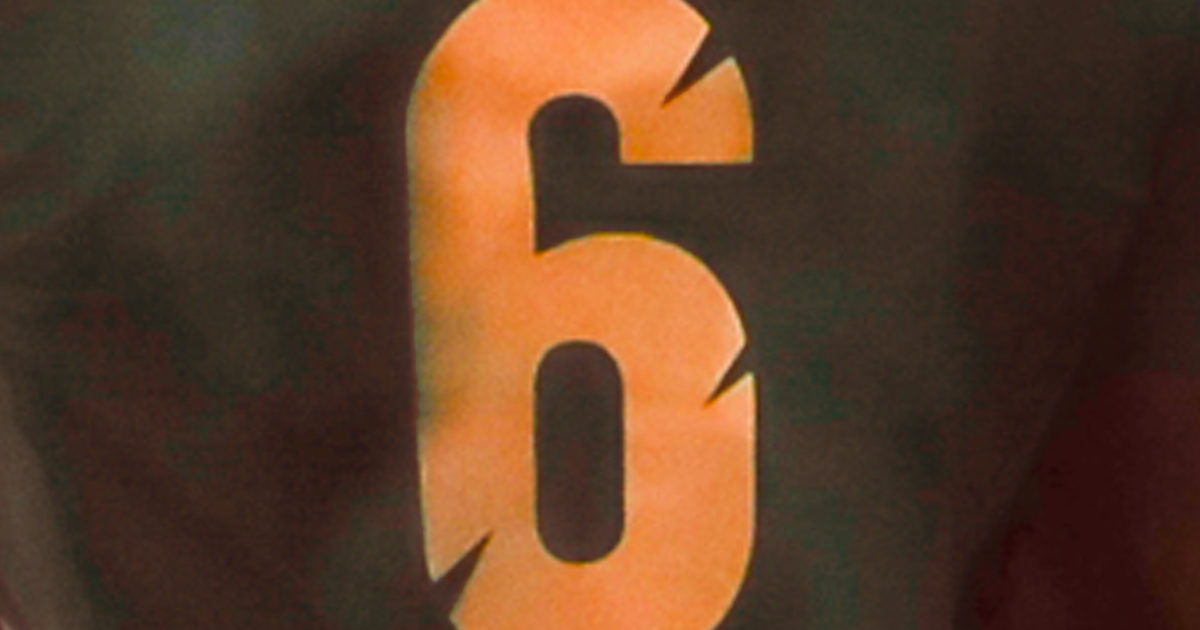'What happened after the final is something we didn't comprehend'

When people describe a player as 100 percent captaincy material, Francois Pienaar perfectly fit the mould, on and off the field.
In the foreword to Pienaar’s autobiography, Rainbow Warrior, Nelson Mandela, wrote: “Amongst those sports leaders, Francois Pienaar stands out. It was under his inspiring leadership that rugby, a sport previously associated with one sector of our population and with a particular brand of politics, became the pride of the entire country. A beacon in our process of nation-building will always remain the Springboks under his captaincy, winning the World Cup in 1995.”
In terms of endorsement, that’s as good as it gets in anyone’s book.
But further recognition of his value to the sport, as well as society as a whole, came in 2011 when the charismatic flank was inducted into the World Rugby Hall of Fame. Four years later, he was joined by Mandela.
The Hall of Fame is in English town of Rugby, the birthplace of the sport, and the number six jersey that Pienaar wore the day the Springboks beat the All Blacks 15-12 in the first-ever World Cup final to go to extra-time, is on display there.
“I am so proud of that jersey; it was so special to have been asked to put it on display,” recounts Pienaar, in an interview with World Rugby.
“It is the most insane moment that I think any sportsman can have, to win a World Championship, win a World Cup. It is very, very special, and to have done it in South Africa, to have done it with Mandela standing right next to me, also wearing a number six jersey, just ultra-special to me.”
As sporting images go, the sight of Mandela handing over the Webb Ellis Cup to Pienaar, while wearing the same Springbok number six jersey, is as iconic as they get. What most people didn’t see, however, was the effect it had on the team prior to kick-off, deep inside the bowels of the Ellis Park stadium.
“It was just insane seeing Mr Mandela walking into our changing room before the final wearing a Springbok on his heart,” Pienaar says. “It could have backfired again because the team was so emotional when that happened, and when he walked out, I saw my number on his back. I had to go and collect myself and then make sure that we calmed the guys down. I mean they were prepared to run through walls.”
https://www.instagram.com/p/B_gC8Chg1LW/
As well as running through walls, South Africa built one, made of green jerseys, in a bid to stop Jonah Lomu, the All Blacks’ powerhouse wing, from dominating them as he’d done to the other opposition throughout the tournament.
The tactic worked and Joel Stransky’s 15 points, all from kicks, eclipsed the 12 from the boot of his opposite number, Andrew Mehrtens, in the tensest of matches. Only a few short years after they’d been welcomed back into the international fold, South Africa had been crowned world champions.
“1995 was the most incredible experience that a rugby player can have, I think,” says Pienaar, still struck by the magnitude of the achievement.
“I always say I think I am the luckiest rugby player ever to have played the game, to be in the right place at the right time. South Africa, coming out of apartheid, the first major event, taking place in our country. The first opportunity to invite the world to South Africa and I was lucky enough to be the captain of the team.
“The whole journey was just insane, from the first game playing against the current world champions and favourites Australia, what an illustrious team they had, to the final. The final was epic, intense and went into extra-time, and the Joel kicked the goal that made us part of history.
“What happened after the final is something we didn’t comprehend,” he adds. “It’s probably fortunate that we didn’t understand how big the victory would be for South Africa because then the pressure I think might have been too intense.”
Deja vu in 2019
History repeated itself at last year’s tournament when Siya Kolisi, the first black player to captain the Springboks, followed in the footsteps of Pienaar and lifted the Webb Ellis Cup aloft while kitted out in the number six jersey.
From a Test scrumhalf benching 180, right up to the boys in the 200+ club. https://t.co/dePpLjMU1c
— RugbyPass (@RugbyPass) April 26, 2020
The parallels between the two momentous events were obvious, especially as the current South African president, Cyril Ramaphosa, fulfilled his side of the bargain.
“President Ramaphosa arrived at the stadium and when he saw me, his first words were, ‘now I know we are going to win’, and I looked at him and said ‘President, did you bring a number six jersey?’ He said I did, and I said, ‘now I think we are going to win’.
“Seeing that number six jersey again is just emotional for me, having been privileged to play in it in 1995. Having the first-ever black captain of our national team, Mr Mandela would have immensely proud to see Siya lead the team out.”
Phenomenal Display
While Pienaar’s Springboks were taken to the wire by New Zealand, Kolisi’s class of 2019 were comfortable winners against England, by 32-12, at Japan 2019.
“They played the most incredible game of rugby, I was there, I was so excited, I just couldn’t help myself,” recalls Pienaar.
“It was just the most phenomenal display of rugby in a final, the pack was just awesome and then the two wingers scored the two tries. That made me think about my team, we had lost two of our players, we lost Chester Williams and James Small this year and they were the guys that played in 1995, so that made me quite emotional just thinking about that.”











































































